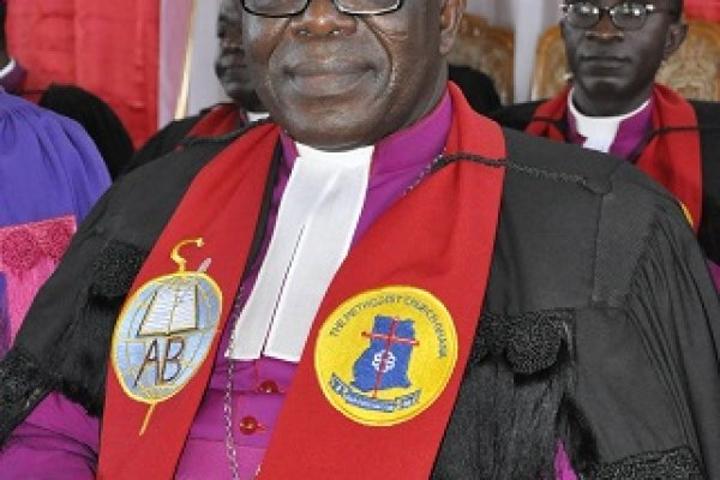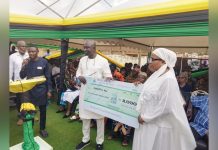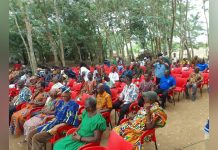Africa-Press – Ghana. The National leadership of the National Service Personnel Association (NASPA) has, presented additional 100 landline telephones to all the 10 traditional Regional Offices in the country, bringing the total number of telephones supplied so far to the Regional Offices to 200.
The move was led by the NASPA President, Mr Emmanuel Brimpong Akosah, and his National Executive Committee (NEC). Mr Akosah said the main reason for the gesture was to bridge the communication gap between all NASPA levels such as National, Regional and District.
He said the initiative commenced last year when 100 landline telephones were distributed by the previous administration, and hence the need to complete the process by equipping the Regional Offices with an additional 100 landline telephones.
The NASPA President announced that there was positive feedback from the Regional and District offices from last year’s distribution and expressed the hope that the addition would further ease the work at the offices.
“We believe that effective communication is the backbone of any successful symbiotic relationship and is the surest way to strengthen the relationship,” he stated.
Mr Akosah indicated that the landlines would ensure that the Regional and District offices continue to operate without interruption in the event of cell tower outages.
“The Association remains committed to installing wireless network connections in all regional offices for the benefit of the National Service Programme and NASPA itself.
“National NASPA will continue to serve the interests of the Association,” he added.
The Executive Director of the National Service Scheme, Mr Osei Assibey Antwi, commended the national leadership for making it part of their plans to equip the Regional and District offices.
He stated that the initiative would go a long way to augment the work of the information desk and create effective communication among the Service Personnel, the NASPA leadership, and the Scheme in the country.
For More News And Analysis About Ghana Follow Africa-Press







